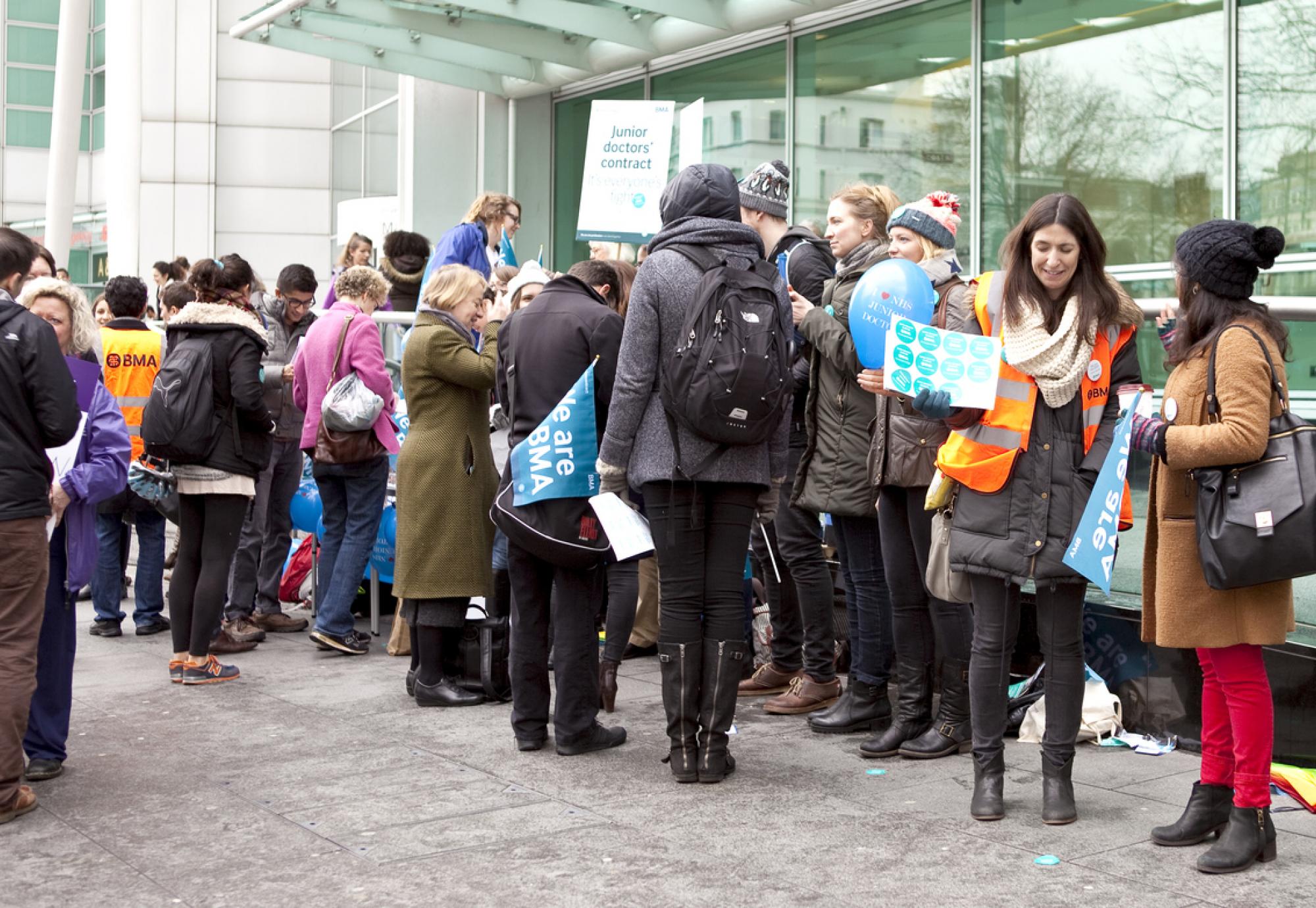As the health sector continues to gear up for more ambulance and nursing strikes later this month, the ongoing strife could be compounded by the imminent ballot for British Medical Association (BMA) junior doctors next week.
The BMA announced last November that its council agreed that on the 9th of January 45,000 of its junior doctors in England would vote with “all options on the table” in a move that BMA Council Deputy Chair, Emma Runswick, described as a “defining moment for the medical profession.”
NHS Confederation Chief Executive, Matthew Taylor, reiterated the general outlook on strikes back in December when he said that “no health leader wants to be in this situation” before adding that “it’s clear this is becoming critical and the worry is that NHS will be held hostage to this position of stalemate between both sides. This benefits no one and the Government must act and reach a compromise with trade unions now.”
Responding to the potential of these latest junior doctor strikes, NHS Providers’ Director of Policy, Miriam Deakin, said: “The announcement by the BMA that junior doctors could begin their action with a 72-hour full walkout in March, with no emergency cover if a ballot is successful, is deeply worrying.
“However, the ballot for industrial action by junior doctors is yet to open and it’s important not to pre-empt the outcome. Should junior doctors vote for industrial action, trust leaders will do everything they can to minimise disruption and prioritise the safe delivery of care and services for patients.
“Trust leaders are very concerned about the possibility of prolonged or co-ordinated strike action by health unions in the coming months. They also understand the factors that have driven junior doctors and other healthcare workers to ballot on industrial action.”
NHS Providers and NHS Confederation co-signed a letter to Rishi Sunak last month urging his government to put a “swift end” to the strikes before industrial action causes the situation to spiral.
Miriam Deakin echoed her colleagues’ thoughts by adding: “We are reiterating our plea to both the Government and union leaders to get around the table and find an agreed solution, including on pay, as soon as possible. Prolonged action is something everyone wants to avoid."
Industrial action that is still to go ahead includes ambulances strikes on the 11th and 23rd of January and nursing strikes on the 18th and 19th of January.



















